Theosophy, the divine wisdom that has captivated seekers for centuries, offers a transformative path to spiritual enlightenment. In this comprehensive guide, we’ll explore the fascinating origins, core principles, and far-reaching influence of this esoteric tradition.
The Birth of Modern Theosophy
The emergence of modern Theosophy as a spiritual and philosophical movement can be traced back to the vibrant and eclectic atmosphere of late 19th century New York City. In 1875, amidst the backdrop of rapid industrialization and growing interest in spiritualism and Eastern philosophies, a remarkable convergence of minds took place that would forever alter the landscape of Western esotericism.
At the center of this pivotal moment was Helena Petrovna Blavatsky, an enigmatic figure whose life seemed to embody the very mysteries she sought to unveil. Born into Russian aristocracy, Blavatsky had spent years traversing the globe, immersing herself in various spiritual traditions and occult practices. Her travels had taken her from the streets of Cairo to the mountains of Tibet, where she claimed to have received instruction from advanced spiritual beings known as the Mahatmas.
Blavatsky’s magnetic personality and vast knowledge of esoteric subjects drew to her a diverse group of seekers and intellectuals. Among these were Colonel Henry Steel Olcott, a respected lawyer and journalist with a keen interest in spiritualism, and William Quan Judge, a young Irish-American attorney fascinated by mysticism. Together, this trio would form the nucleus of what would become the Theosophical Society.
The founding of the Society was not a sudden event, but rather the culmination of numerous discussions and meetings held in Blavatsky’s apartment, which had become a salon for those interested in the occult. These gatherings often featured lively debates on topics ranging from ancient wisdom traditions to the latest scientific discoveries, all infused with Blavatsky’s unique insights and purported psychic demonstrations.
On November 17, 1875, the Theosophical Society was officially inaugurated with a stated mission that was breathtaking in its scope and ambition. The founders envisioned an organization that would transcend religious and cultural boundaries, seeking to uncover the fundamental truths underlying all spiritual traditions. They aimed to promote the idea of universal brotherhood, challenging the sectarian divisions and racial prejudices of their time.
Central to the Society’s teachings was the concept of an ancient wisdom-religion, a primordial spiritual knowledge that Blavatsky claimed had been preserved by initiated adepts throughout history. This wisdom, she asserted, formed the esoteric core of all major world religions and could be accessed through careful study and spiritual development.
Blavatsky’s role in shaping the Society’s doctrines cannot be overstated. Drawing upon her extensive travels and claimed mystical experiences, she began to articulate a comprehensive worldview that synthesized elements of Eastern philosophy, Western occultism, and her own unique insights. This synthesis found its first major expression in “Isis Unveiled,” a sprawling two-volume work published in 1877 that critiqued contemporary scientific materialism and religious dogmatism while presenting an alternative spiritual framework.
As the Society grew, it attracted a diverse membership ranging from curious intellectuals to dedicated spiritual seekers. Branches were established in major cities across the United States and Europe, with each group engaging in study, meditation, and exploration of paranormal phenomena. The movement’s emphasis on comparative religion and Eastern philosophy played a significant role in introducing concepts like karma and reincarnation to Western audiences.
The early years of the Theosophical Society were marked by both rapid growth and controversy. Blavatsky’s claims of psychic powers and communication with spiritual masters drew both fascination and skepticism. The Society’s challenge to established religious and scientific paradigms often placed it at odds with mainstream institutions.
Despite these challenges, the founders remained committed to their vision of a universal spiritual movement. Olcott’s organizational skills complemented Blavatsky’s charismatic leadership, while Judge worked tirelessly to promote Theosophy in America. Together, they laid the groundwork for a movement that would have a profound and lasting impact on Western spirituality, influencing fields as diverse as art, literature, and psychology in the decades to come.
The Seven Fundamental Principles of Theosophy
At the heart of Theosophy lie seven profound truths that offer a radical perspective on the nature of reality:
- The Absolute: All existence emanates from a single, infinite, and eternal principle.
- Cycles of Manifestation: The universe undergoes periodic cycles of activity and rest, mirroring the rhythm of breath.
- The Omnipresence of Consciousness: Every particle of the cosmos possesses some degree of consciousness.
- Karma and Reincarnation: Our actions create ripples of cause and effect, shaping our journey through multiple lifetimes.
- Spiritual Evolution: All beings are on a path of continuous growth and unfoldment towards higher states of consciousness.
- The Septenary Nature of the Cosmos: Reality is composed of seven interpenetrating planes of existence.
- The Masters of Wisdom: Advanced beings guide humanity’s spiritual progress from behind the scenes.
These principles offer a holistic framework for understanding the cosmos and our place within it, challenging conventional notions of reality and human potential.
The Hidden Masters and the Great White Brotherhood
One of the most intriguing aspects of Theosophy is the concept of the Masters of Wisdom, also known as Mahatmas or Adepts. These enlightened beings are said to have transcended ordinary human limitations, possessing extraordinary powers and knowledge.
According to Theosophical teachings, the Masters form a spiritual hierarchy known as the Great White Brotherhood. This brotherhood oversees humanity’s evolution, working tirelessly to guide us towards our highest potential. Blavatsky claimed to be in direct communication with several of these Masters, including Koot Hoomi and Morya.
The idea of hidden spiritual guides resonates deeply with many seekers, offering hope and inspiration on the path of self-transformation. It suggests that we are not alone in our spiritual journey and that higher wisdom is available to those who earnestly seek it.
Theosophy’s Influence on Modern Thought
The impact of Theosophy on modern spirituality, philosophy, and culture cannot be overstated. Its syncretic approach, blending Eastern and Western wisdom traditions, paved the way for the global spiritual awakening we see today.
Bridging East and West
Theosophy played a crucial role in introducing Eastern concepts like karma and reincarnation to Western audiences. It challenged the prevailing materialistic worldview and opened minds to alternative perspectives on reality. This East-West synthesis laid the groundwork for the modern New Age movement and the popularity of yoga and meditation in the West.
Inspiring Scientific Inquiry
Surprisingly, Theosophy has also influenced scientific thought. Its emphasis on the interconnectedness of all things and the existence of subtle energies has inspired research in fields like quantum physics and consciousness studies. The concept of a holographic universe, for example, bears striking similarities to Theosophical ideas about the nature of reality.
Shaping Modern Occultism and Magic
Theosophy’s impact on modern magical practices is profound. Its systematic approach to esoteric knowledge and emphasis on personal spiritual development have influenced numerous occult orders and magical systems. The Golden Dawn, one of the most influential magical orders of the 20th century, drew heavily from Theosophical concepts.
Influencing Art and Literature
The visionary ideas of Theosophy have inspired countless artists, writers, and musicians. From the abstract paintings of Wassily Kandinsky to the symphonies of Alexander Scriabin, Theosophical concepts have found expression in various art forms. The works of authors like William Butler Yeats and James Joyce also bear the imprint of Theosophical thought.
Practical Applications of Theosophical Principles
Theosophy is not merely a set of abstract ideas but a practical path of spiritual growth. Here are some ways to apply Theosophical principles in daily life:
- Meditation and Contemplation: Regular practice helps attune oneself to higher states of consciousness.
- Study of Sacred Texts: Exploring wisdom literature from various traditions expands one’s spiritual understanding.
- Service to Humanity: Actively working for the betterment of others aligns one with the principle of universal brotherhood.
- Mindful Living: Cultivating awareness of the interconnectedness of all life fosters compassion and ethical behavior.
- Exploration of Psychic Faculties: Developing latent abilities like intuition and clairvoyance through careful training.
By integrating these practices, one can gradually unfold their inner potential and contribute to the spiritual evolution of humanity.
Frequently Asked Questions About Theosophy
Is Theosophy a religion?
Theosophy is not a religion in the traditional sense but rather a spiritual philosophy that embraces truth from all sources. It encourages individuals to seek their own path while recognizing the underlying unity of all spiritual traditions.
How does Theosophy view God?
Theosophy posits an impersonal, infinite principle as the source of all existence, rather than a personal deity. This absolute principle manifests through various levels of reality, giving rise to the diversity we see in the universe.
What is the Theosophical view on life after death?
Theosophy teaches that consciousness continues after physical death, with the soul undergoing a process of review and rest before reincarnating. This cycle of rebirth allows for ongoing spiritual growth and evolution.
How can I start studying Theosophy?
Begin by reading foundational texts like “The Key to Theosophy” by H.P. Blavatsky. Join local Theosophical study groups or online forums to engage with other seekers. Most importantly, apply Theosophical principles in your daily life and reflect on your experiences.
Is Theosophy compatible with modern science?
Many Theosophists believe that true science and spirituality are complementary. Theosophy encourages scientific inquiry while also exploring realms beyond the physical. Some Theosophical concepts, like the interconnectedness of all things, find resonance in cutting-edge scientific theories.
The Continuing Relevance of Theosophy
In our rapidly evolving global landscape, Theosophy serves as a timeless beacon of wisdom, offering profound insights that resonate with the challenges and opportunities of our modern era. The core principle of universal brotherhood is particularly relevant today, encouraging us to transcend superficial differences and recognize the fundamental unity that binds all humanity. This comprehensive worldview encompasses both the physical and subtle dimensions of existence, providing a framework for understanding the complexities of human experience and the cosmos at large.
Theosophy presents a compelling vision of spiritual evolution, suggesting that each individual is on a grand journey of unfoldment across multiple lifetimes. This perspective fosters patience, perseverance, and compassion in facing life’s challenges, instilling a sense of purpose as we recognize our roles in the broader cosmic narrative. By emphasizing the interconnectedness of all life forms, Theosophical teachings promote ecological awareness and encourage sustainable living, urging us to consider the far-reaching consequences of our actions on the planet and its inhabitants.
Theosophy also offers practical tools for personal transformation through practices such as meditation and mindfulness. These techniques can enhance intuition and empathy, deepening our connection to the universal life force that permeates all existence. The Theosophical Society serves as a hub for spiritual seekers, providing resources for those interested in comparative religion, esoteric philosophy, and consciousness exploration.
For newcomers to esoteric thought, Theosophy provides a coherent framework for understanding life’s mysteries and our place in the cosmic order. Its teachings on karma, reincarnation, and the multi-dimensional nature of humanity offer insights that can transform individual lives. As we navigate the complexities of the 21st century, Theosophy’s emphasis on ethics and interconnectedness remains profoundly relevant. By cultivating compassion and wisdom, we can work toward creating a more just and enlightened world.

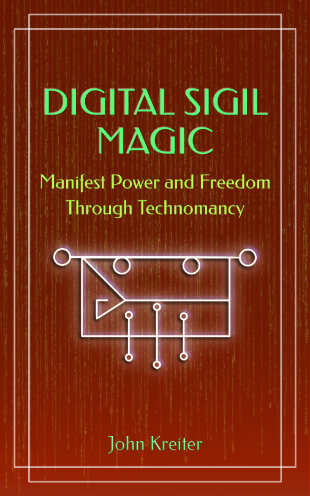

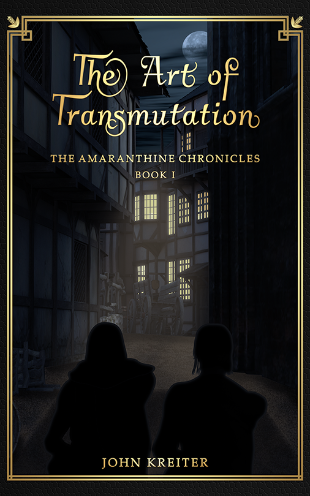

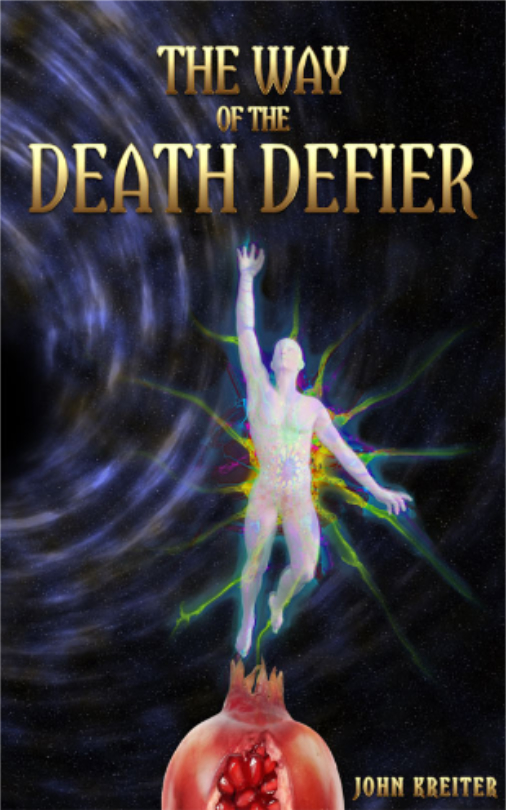

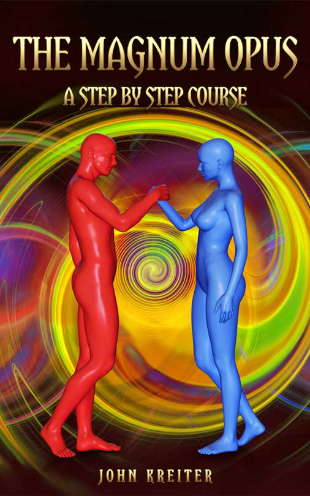
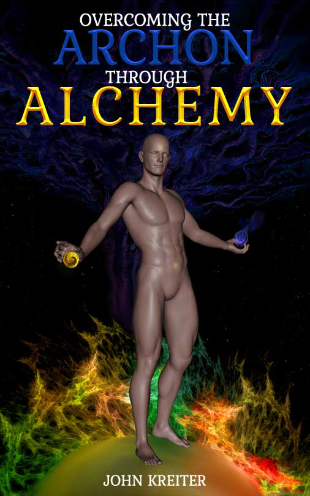


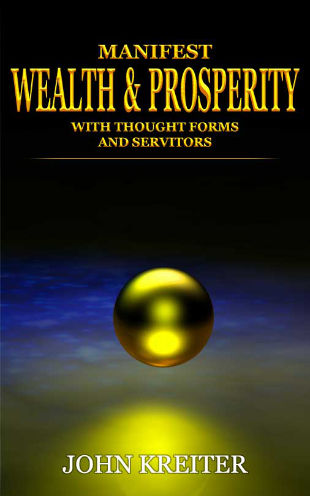

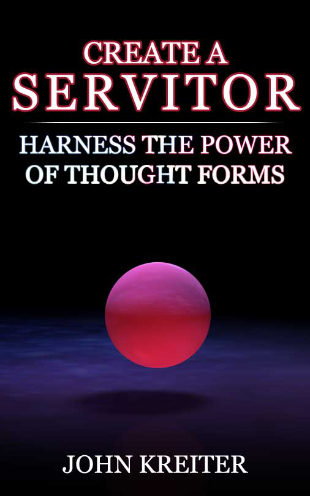


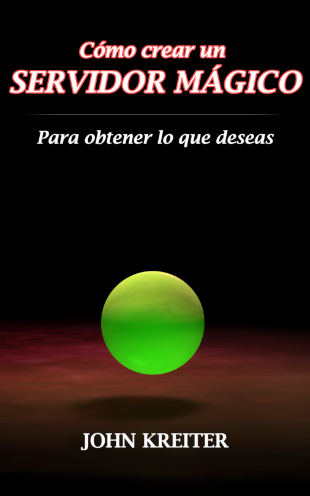


Leave a Reply